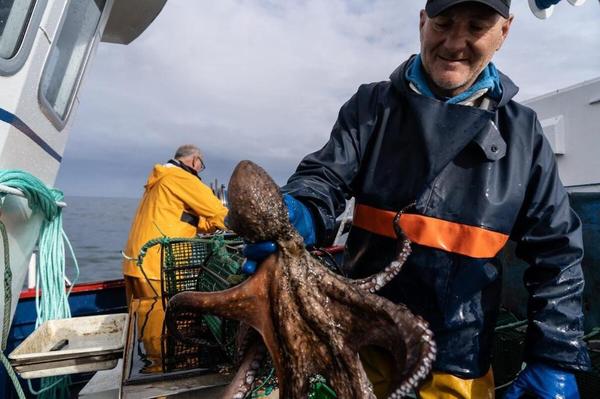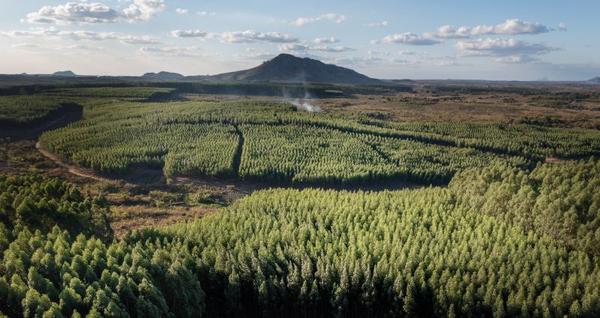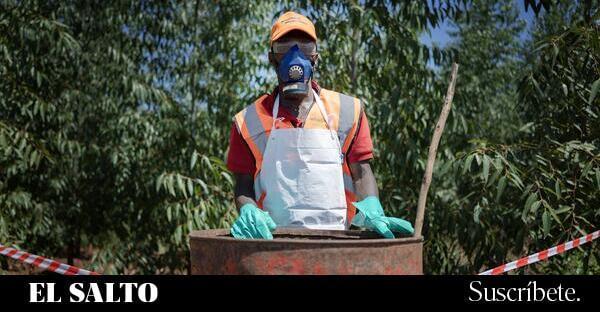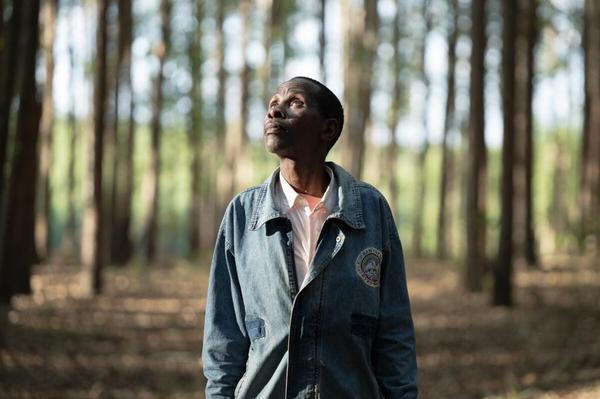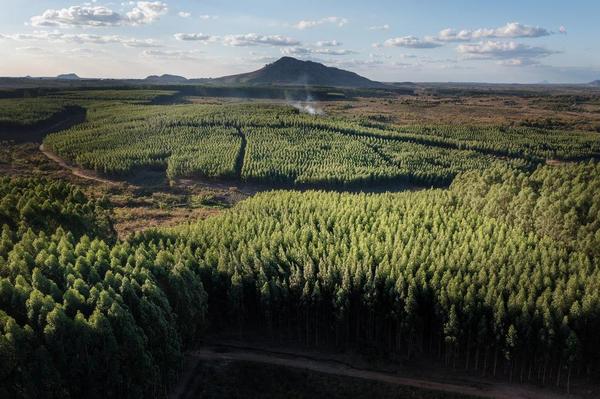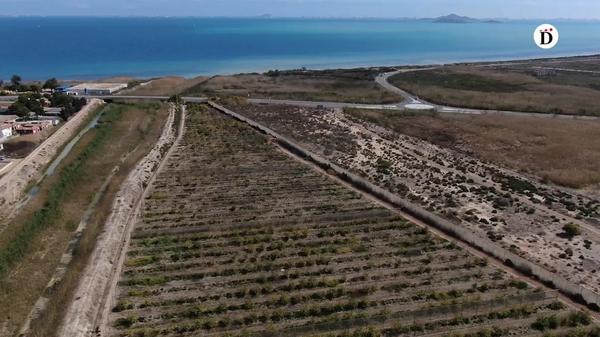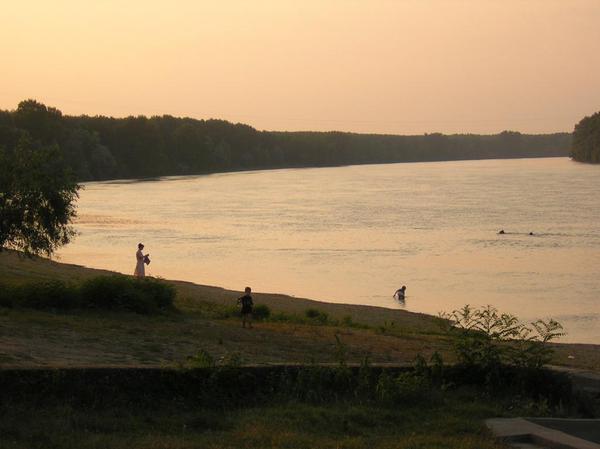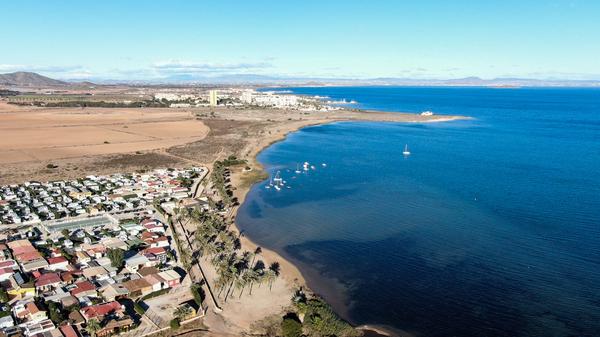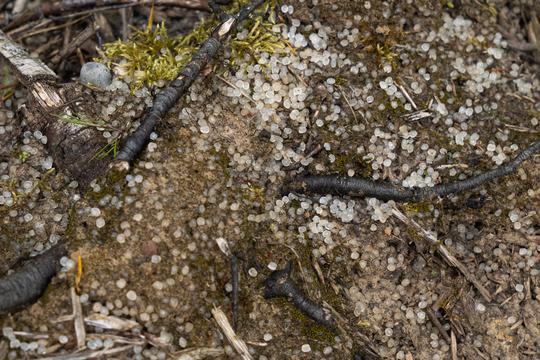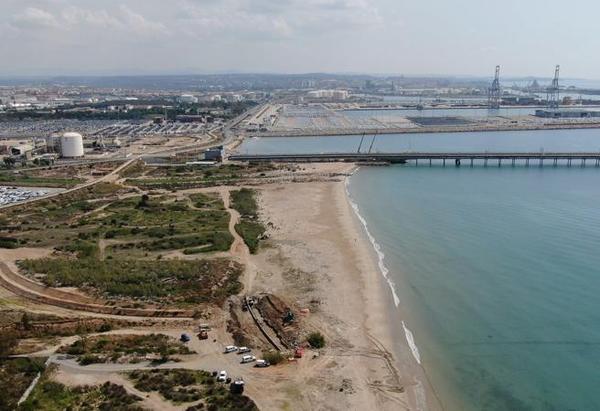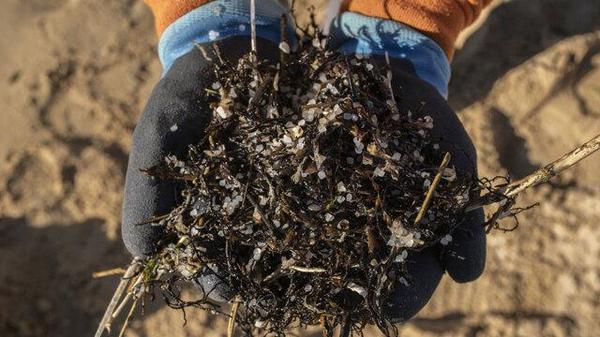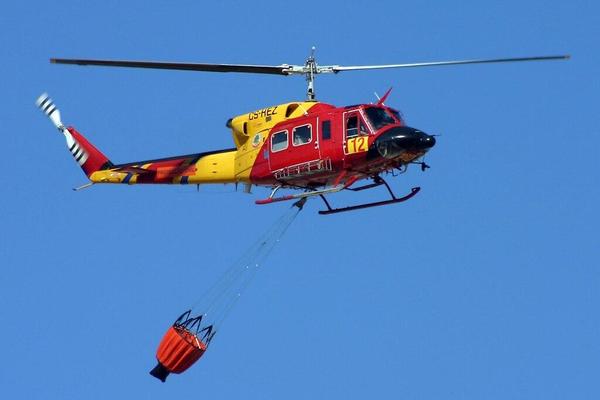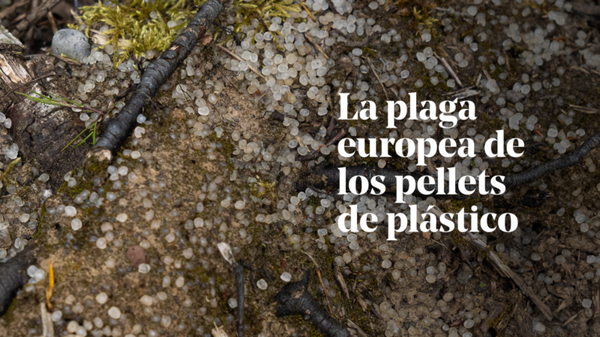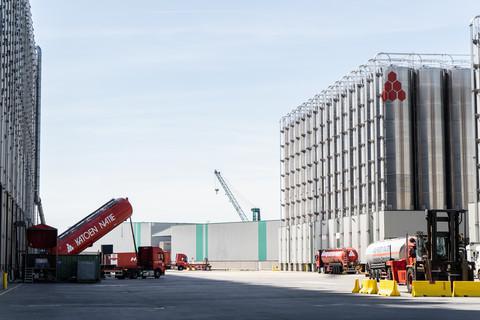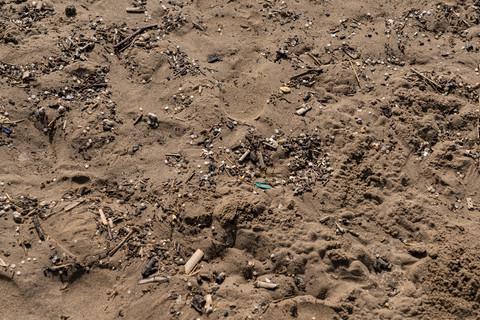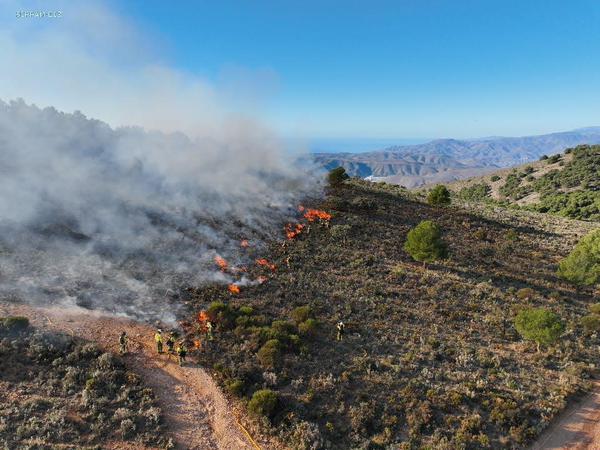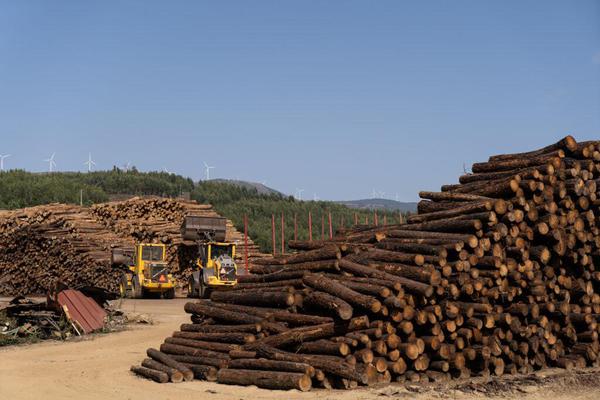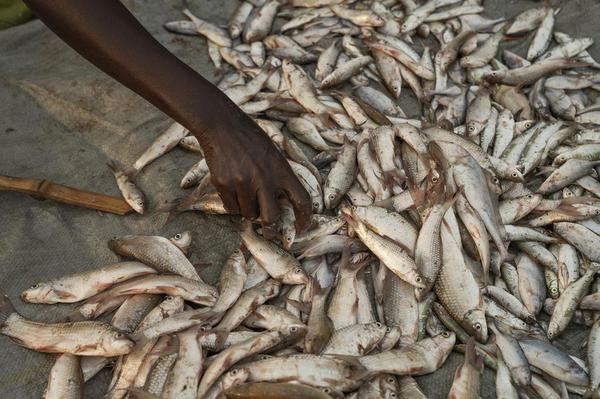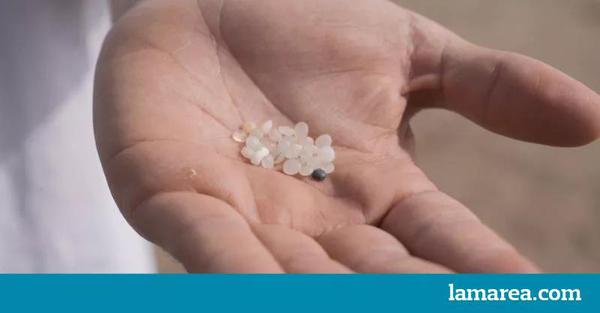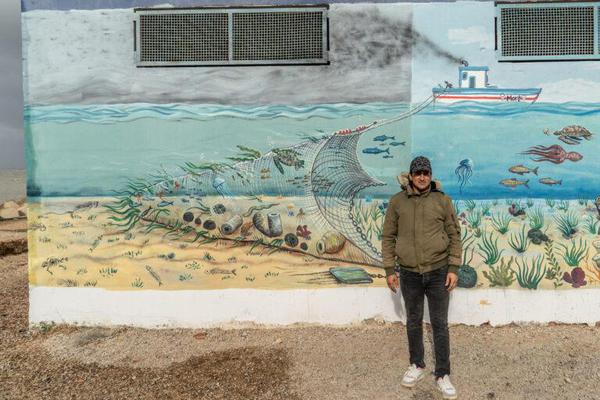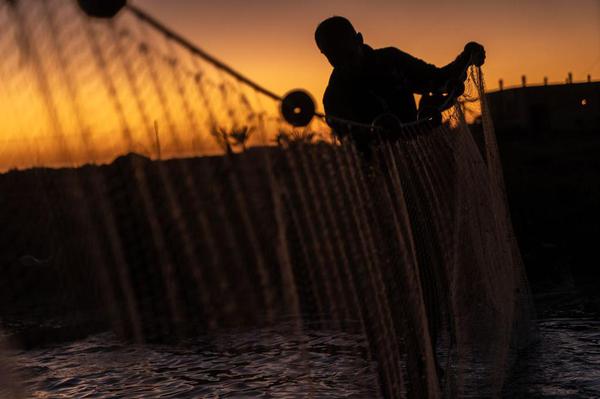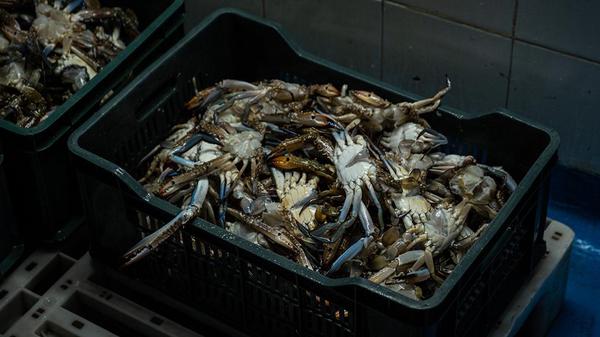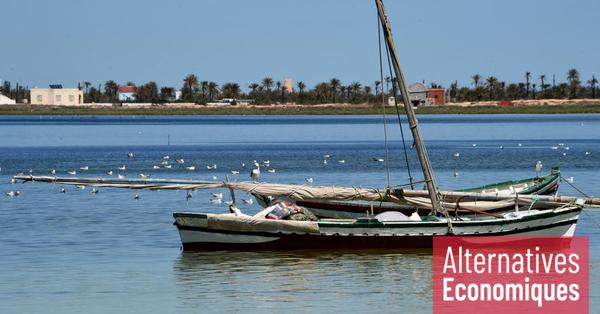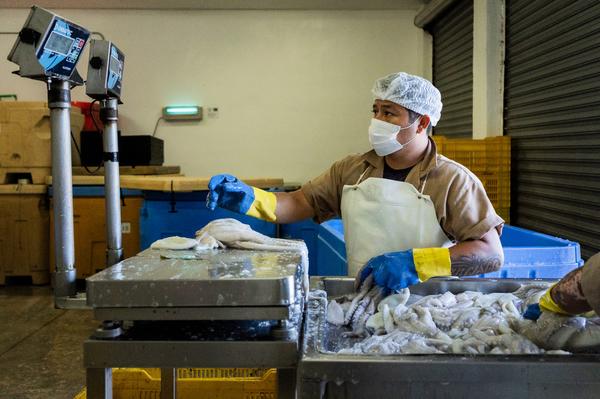
Is eating octopus sustainable? The struggle of artisanal fishers from Mexico to Spain
Polvo à Lagareiro in Portugal, pulpo a la Gallega in Spain, polpo alla Luciana in Italy, or chtapódi xidháto in Greece – across the coastal regions of southern Europe, octopus is a traditional dish that has long held a place on local tables. Today, it’s widely available in restaurants and supermarkets across the continent, often at affordable prices.
While consumption is on the rise, octopus catches are in decline. As a result, much of the octopus served in Europe no longer comes from Europea...
While consumption is on the rise, octopus catches are in decline. As a result, much of the octopus served in Europe no longer comes from Europea...
